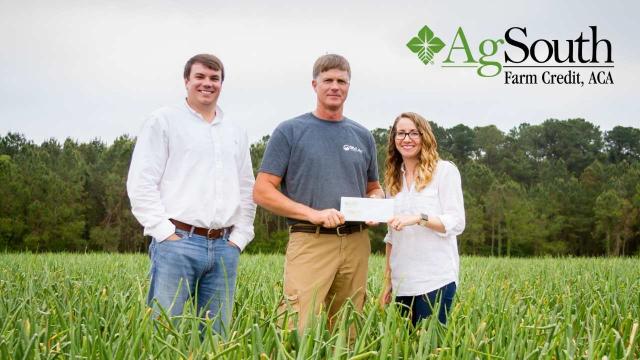Seven Principles of a Cooperative

7 Principles of a Cooperative
AgSouth is part of the national Farm Credit System, a group of individual cooperatives that has been providing loans and supporting services to rural communities and agriculture for more than a century. There are a handful of things that set a cooperative apart from other business structures. Below are the common principles cooperatives follow:
1. Voluntary and Open Membership
Cooperatives are voluntary organizations; open to all people able to use their services and willing to accept the responsibilities of membership, without gender, social, racial, political, or religious discrimination.
2. Democratic Member Control
Cooperatives are democratic organizations controlled by their members - one member-one vote. Members actively participate in setting policies and making decisions. (Learn about the AgSouth Farm Credit Board of Directors election process!)
3. Members' Economic Participation
Members contribute equally to, and democratically control, the capital of the cooperative. Members benefit in proportion to their transactions with the cooperative rather than on capital invested. (Learn about AgSouth Farm Credit's Patronage Benefit.)
4. Autonomy and Independence
Cooperatives are autonomous, self-help organizations controlled by their members. If the coop enters into agreements with other organizations or raises capital from external sources, it is done so based on terms that ensure democratic control by the members and maintains the cooperative autonomy.
5. Education, Training, and Information
Cooperatives provide education and training for members, elected representatives, managers, and employees so they can contribute effectively to the development of their cooperatives. Members also inform the general public about the nature and benefits of cooperatives. (Learn about AGAware®.)
6. Cooperation among Cooperatives
Cooperatives serve their members most effectively and strengthen the cooperative movement by working together through local, national, regional, and international structures.
7. Concern for Community
While focusing on member needs, cooperatives work for the sustainable development of communities through policies accepted by the members.
Questions?
If you’re interested in financing for land or farms in South Carolina or Georgia, one of our local loan officers would be more than happy to help. Find an AgSouth Branch near you!
Not in South Carolina or Georgia? Find your Farm Credit Association.